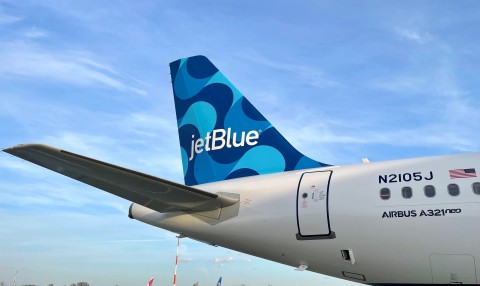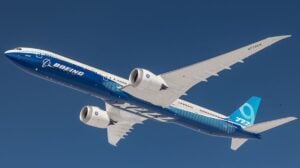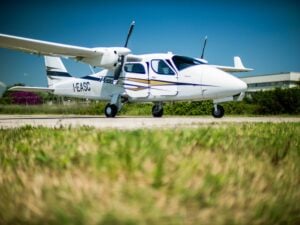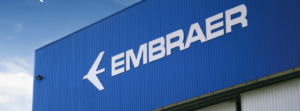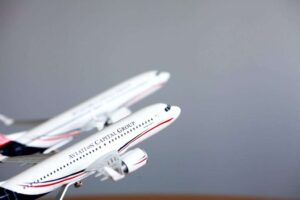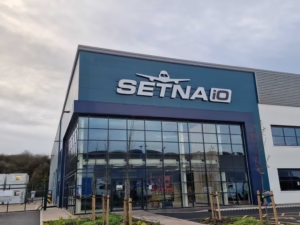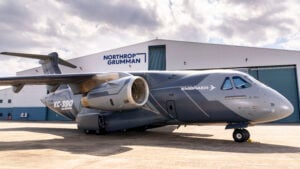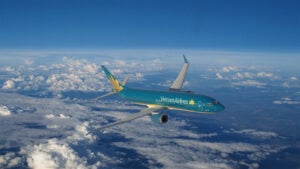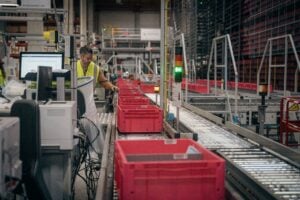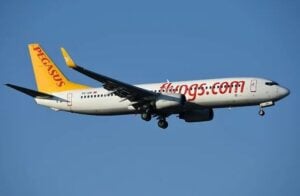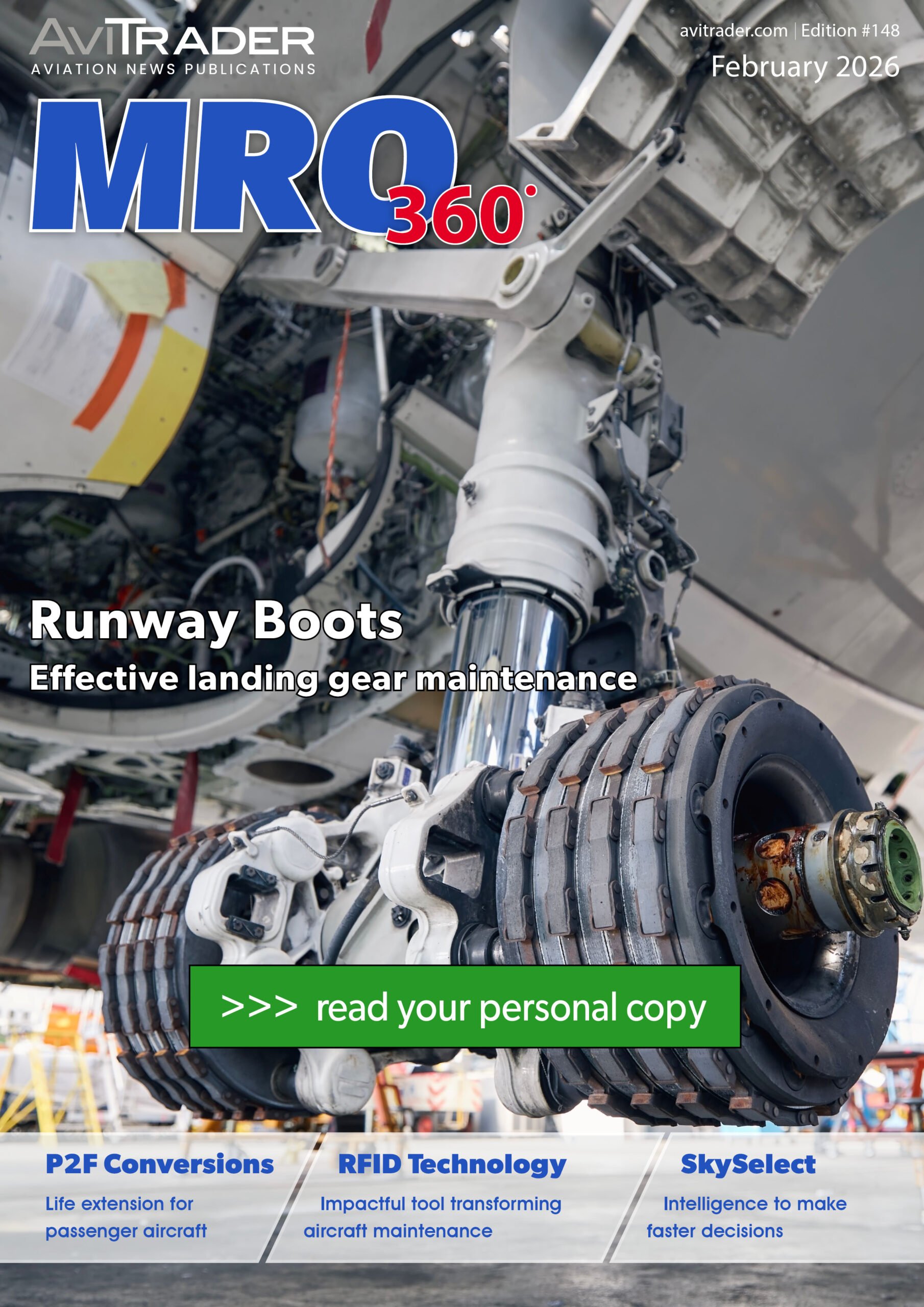World Fuel Services and World Fuel Services (World Fuel), a World Kinect company, have announced a new commercial agreement to bring the first regular supply of blended sustainable aviation fuel (SAF), provided by Valero Marketing and Supply Company (Valero), to John F. Kennedy International Airport (JFK) as early as the fourth quarter of 2024. Under the terms of the initial 12-month agreement, JetBlue is expected to take delivery of a minimum of 1,000,000 gallons of neat sustainable aviation fuel (approximately 3,300,000 gallons blended) with an option to purchase up to an additional 4,000,000 gallons (approximately 13,300,000 gallons blended). The blended SAF will be made available via existing infrastructure, including the Colonial Pipeline.
“This newly available SAF in our hometown is a key signal of the growing engagement by major fuel producers and the potential of SAF to meaningfully address aviation’s carbon emissions,” said Sara Bogdan, managing director of sustainability and environmental social governance, JetBlue. “By leveraging Valero’s globally recognised expertise in energy markets and logistics, and by utilising existing jet fuel distribution infrastructure, this new large-scale supply of SAF is set to be a pivotal moment as the industry grows the use of SAF. Truly maximising the impact of this opportunity will require engagement across all sectors.”
As New York’s Hometown Airline®, JetBlue has long been interested in bringing blended SAF to the northeast and hopes to maximise the supply through relationships with other like-minded New York businesses. The airline expects that with ongoing corporate support and incentive programmes, this first step will set the stage for a growing blended SAF market in one of the busiest airport systems in the world.
Neat sustainable aviation fuel, produced by Diamond Green Diesel, will be blended by Valero with conventional jet fuel to create blended SAF and delivered by World Fuel. Blended SAF is a drop-in product for existing aircraft and infrastructure. Neat sustainable aviation fuel is produced from a wide array of feedstocks, including agricultural wastes and used cooking oils. It can lower lifecycle GHG emissions by approximately 80% when compared to today’s conventional jet fuel. The fuel under this agreement is expected to be delivered via existing jet fuel distribution infrastructure and claimed by JetBlue in New York.

